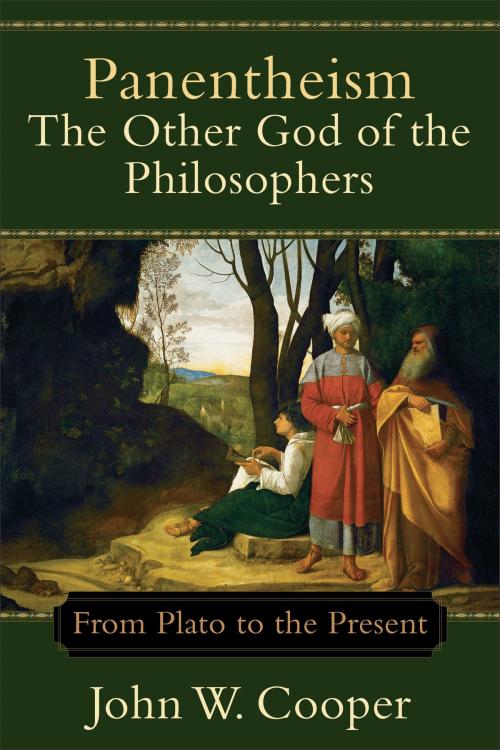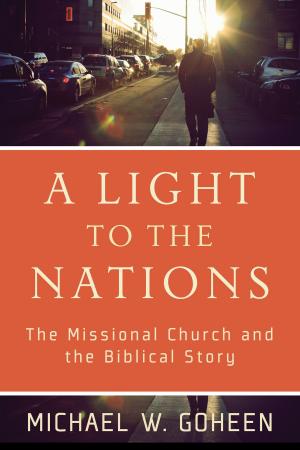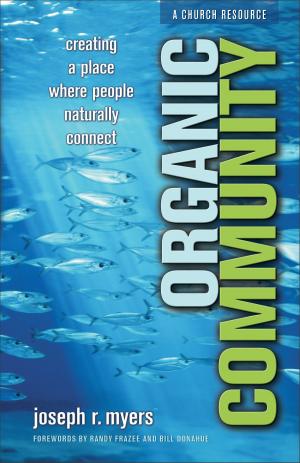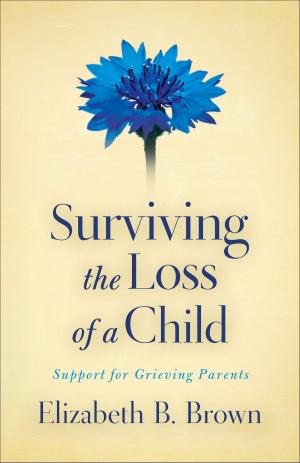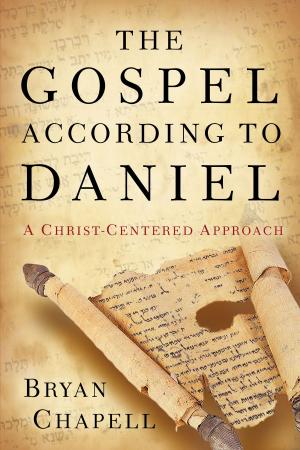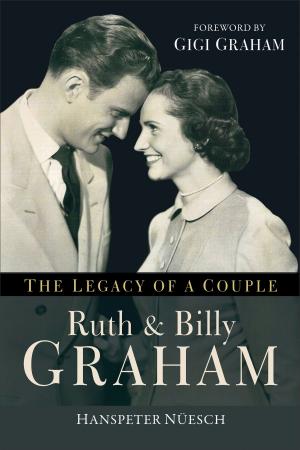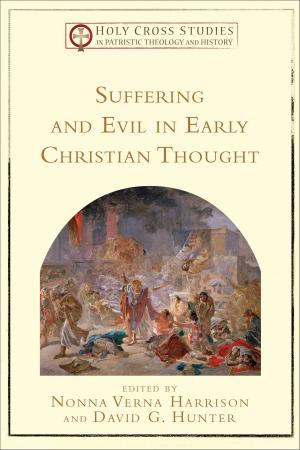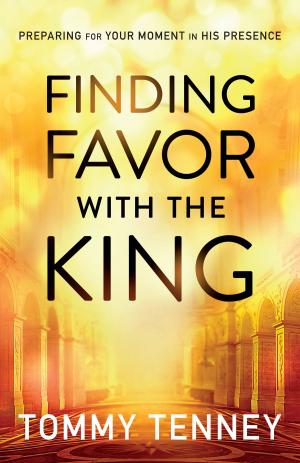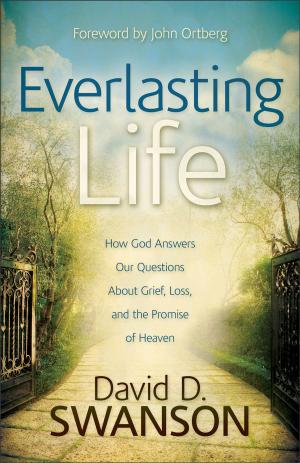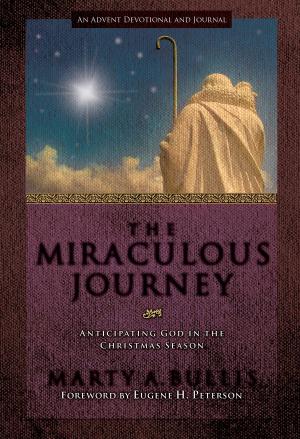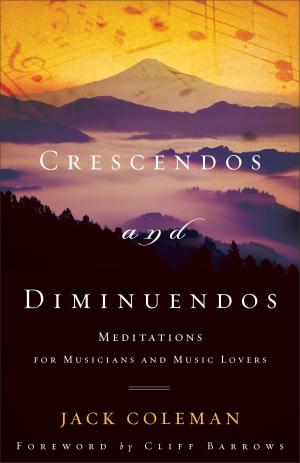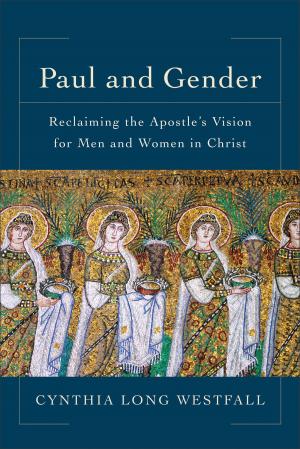Panentheism--The Other God of the Philosophers
From Plato to the Present
Nonfiction, Religion & Spirituality, Philosophy, Religious, Theology| Author: | John W. Cooper | ISBN: | 9781585584048 |
| Publisher: | Baker Publishing Group | Publication: | November 1, 2006 |
| Imprint: | Baker Academic | Language: | English |
| Author: | John W. Cooper |
| ISBN: | 9781585584048 |
| Publisher: | Baker Publishing Group |
| Publication: | November 1, 2006 |
| Imprint: | Baker Academic |
| Language: | English |
Panentheism has gained popularity among contemporary thinkers. This belief system explains that "all is in God"; as a soul is related to a body, so God is related to the world. In Panentheism--The Other God of the Philosophers, philosopher and theologian John Cooper traces the growth and evolution of this intricate theology from Plotinus to Alfred North Whitehead to the present.
This landmark book--the first complete history of panentheism written in English--explores the subject through the lens of various thinkers, such as Plato, Jürgen Moltmann, Paul Tillich, Wolfhart Pannenberg, and Charles Hartshorne, and discusses how panentheism has influenced liberation, feminist, and ecological theologies. Cooper not only sketches the evolution of panentheism but also critiques it; ultimately, he offers a defense of classical theism. This book is for readers who care deeply about theology and think seriously about their faith.
Panentheism has gained popularity among contemporary thinkers. This belief system explains that "all is in God"; as a soul is related to a body, so God is related to the world. In Panentheism--The Other God of the Philosophers, philosopher and theologian John Cooper traces the growth and evolution of this intricate theology from Plotinus to Alfred North Whitehead to the present.
This landmark book--the first complete history of panentheism written in English--explores the subject through the lens of various thinkers, such as Plato, Jürgen Moltmann, Paul Tillich, Wolfhart Pannenberg, and Charles Hartshorne, and discusses how panentheism has influenced liberation, feminist, and ecological theologies. Cooper not only sketches the evolution of panentheism but also critiques it; ultimately, he offers a defense of classical theism. This book is for readers who care deeply about theology and think seriously about their faith.
